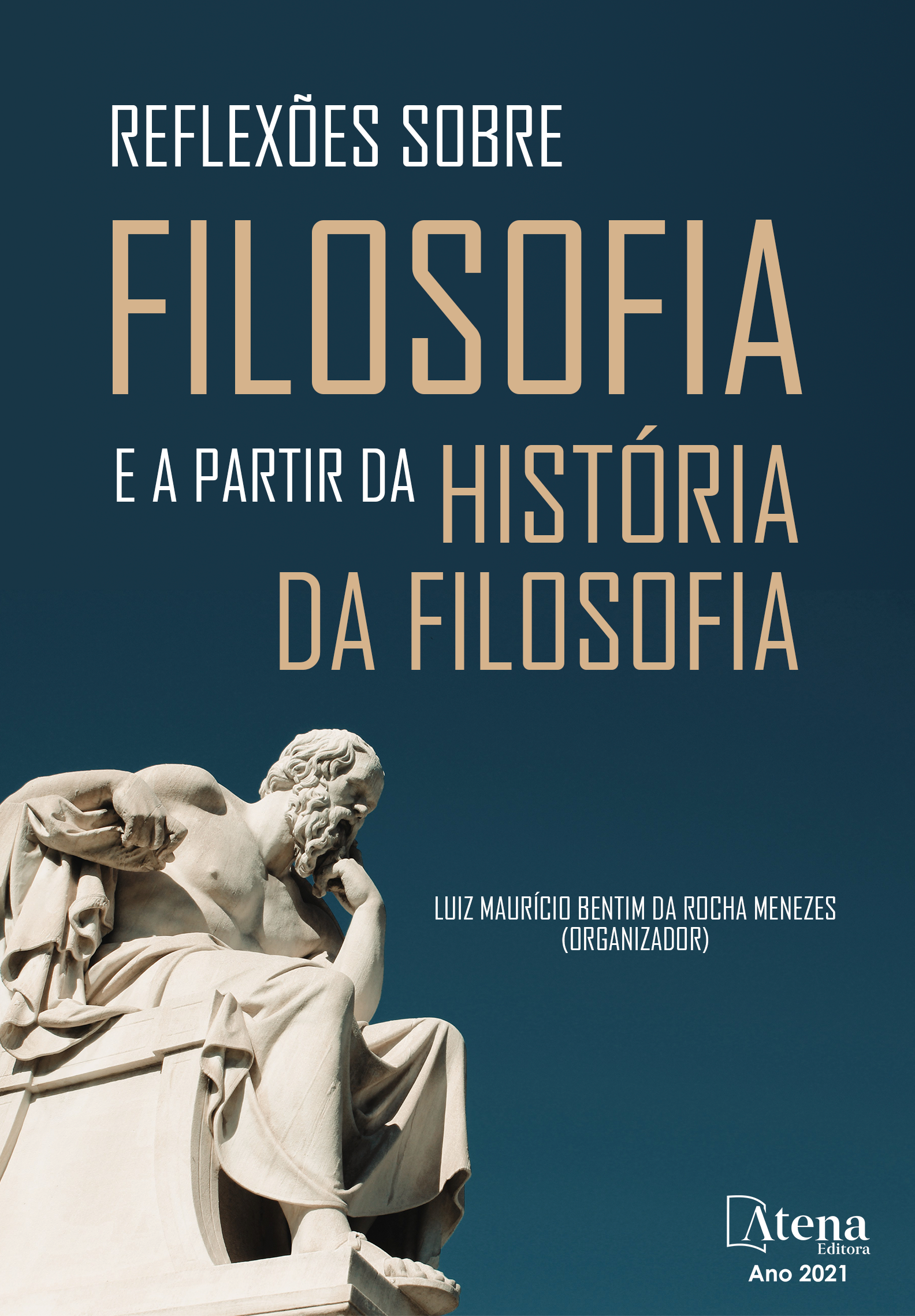
ALTERIDAD Y LITERATURA: LA PROPUESTA DE GRACILIANO RAMOS
El objetivo del presente estudio es determinar la importancia de la alteridad como tema esencial en la obra de Graciliano Ramos, específicamente en A terra dos meninos pelados, que, desde nuestra perspectiva, constituye un ejemplo de cómo la literatura puede conseguir abordar la complejidad de este tema en un texto dirigido en primer lugar a niños. Atendiendo el objetivo, la metodología es de tipo cualitativo y de corte interpretativo. Nuestra lectura considerará, sobre todo, los aportes de Ricoeur para el tema de la alteridad, y la propuesta de la imaginación narrativa de Naussbaum. Así, en la medida en que los resultados nos permitan afirmar, se defenderá que la alteridad es un tema fundamental en la literatura de Ramos, pues la representa como un medio para que el niño se relacione significativamente y en apertura al mundo que lo rodea. Consecuentemente, Ramos logra un equilibrio entre la función estética y la función formativa de la literatura, que, al conseguir educar para la alteridad, cumple una función ética, la cual se torna muy valiosa en distintos ámbitos de la sociedad por relacionarse con la identidad, la diversidad, la inclusión, la ciudadanía. El vínculo con el otro es un tema que Ramos dilucida en su obra como un punto clave en la problematización de la experiencia humana. Introducir esta categoría en la literatura infantil tuvo un especial resultado en su obra y en una función de la literatura que implícitamente propone este autor: aquella que debe brindar múltiples posibilidades en las que el ser humano pueda reconocer la alteridad, que es la forma más esencial de desarrollar un sentido crítico y ético hacia el que es diferente de uno.
ALTERIDAD Y LITERATURA: LA PROPUESTA DE GRACILIANO RAMOS
-
DOI: 10.22533/at.ed.3452123112
-
Palavras-chave: Alteridad, educación ciudadana, identidad, imaginación narrativa, literatura brasileña
-
Keywords: Alterity, citizenship education, identity, narrative imagination, brazilian literature
-
Abstract:
The objective of this study is to determine the importance of alterity as an essential theme in the work of Graciliano Ramos, specifically in A terra dos meninos pelados, which, from our perspective, constitutes an example of how literature can manage to address the complexity of this topic in a text aimed primarily at children. Attending to the objective, the methodology is qualitative and interpretive. Our reading will consider, above all, Ricoeur’s contributions to the subject of alterity, and Naussbaum’s proposal of the narrative imagination. Thus, to the extent that the results allow us to affirm, it will be defended that alterity is a fundamental theme in Ramos’s literature, since it represents it as a means for the child to relate significantly and in openness to the world that surrounds him. Consequently, Ramos achieves a balance between the aesthetic function and the formative function of literature, which, by being able to educate for alterity, fulfills an ethical function, which becomes very valuable in different areas of society because it relates to identity, diversity, inclusion, citizenship. The bond with the other is a theme that Ramos elucidates in his work as a key point in the problematization of human experience. Introducing this category in children’s literature had a special result in his work and in a function of literature that this author implicitly proposes: one that must offer multiple possibilities in which the human being can recognize alterity, which is the most essential form to develop a critical and ethical sense towards someone who is different from oneself.
-
Número de páginas: 12
- Patricia Bernarda Vilcapuma Vinces


